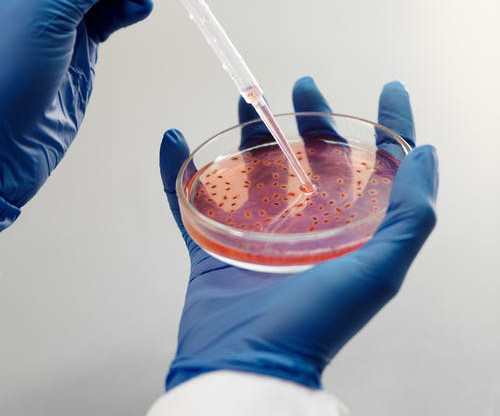Transforming Biomanufacturing: Potential of Cell Free Systems
Roots Analysis
AUGUST 15, 2023
Overview of Cell Free Systems Cell-free systems are in-vitro platforms which allow occurrence of biochemical reactions in the absence of living cells. These expression systems utilize bio machinery harvested from the lysate of disrupted cells for the manufacturing of a wide array of macromolecular and small molecule products.













Let's personalize your content